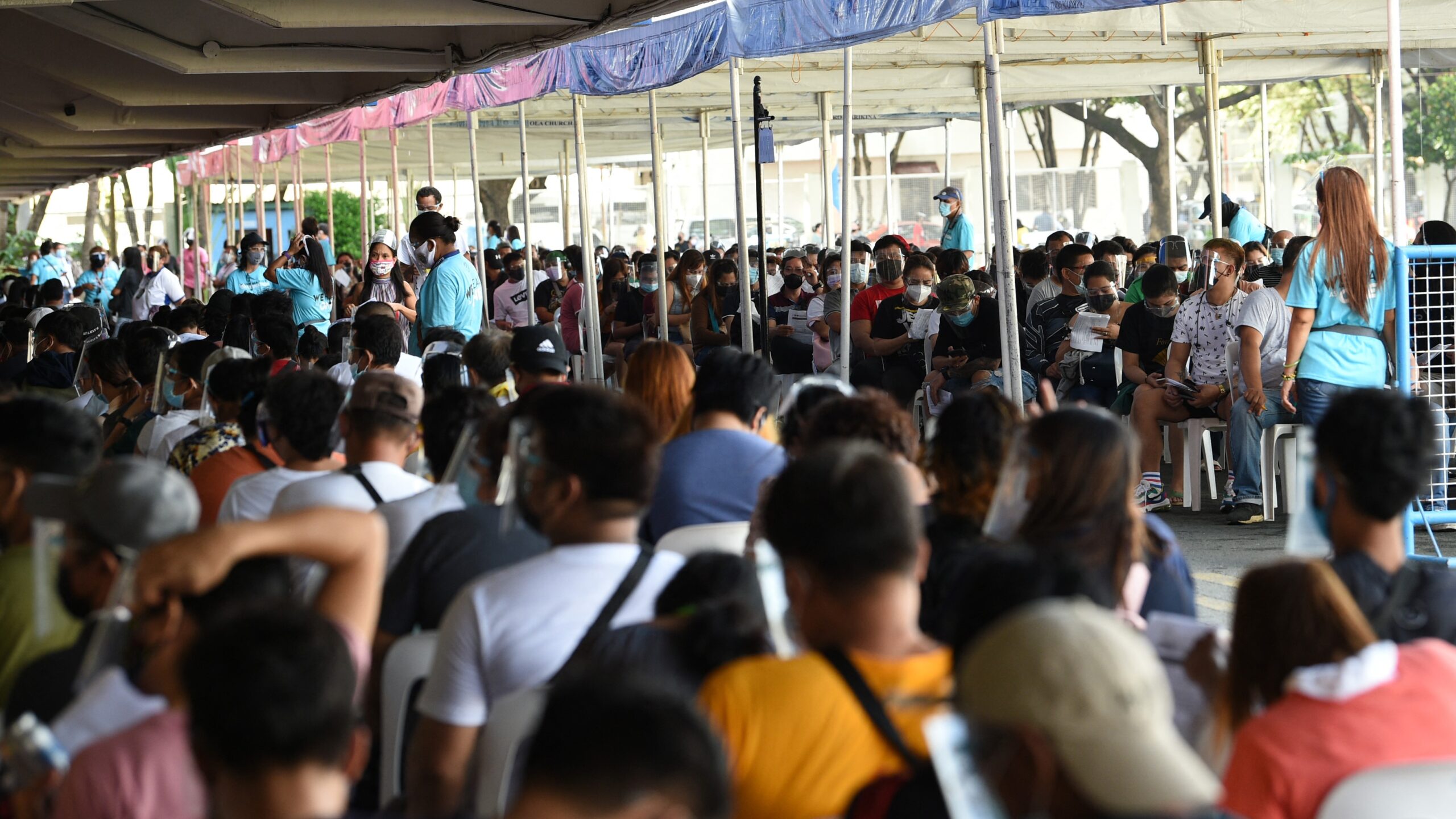
The Department of Defense is standing by a major disinformation campaign it led that worked to spread doubt and fears of Chinese COVID-19 vaccines in the Philippines in 2020, following the revelation of the program.
The discovery comes from a major report by Reuters. The investigation, published on June 14, is the first report on the secret program. According to Reuters’ reporting, the military set up hundreds fake social media accounts, spreading messages in Tagalog to the Filipino community that spread doubt on the effectiveness of protective measures and warned against any help from China.
“COVID came from China and the VACCINE also came from China, don’t trust China!” one post on X, formerly Twitter, said in Tagalog in July 2020. One common hashtag used with these posts was #Chinaangvirus, which translates to English as “China is the virus.”
With the outbreak of the COVID-19 pandemic, the military launched its effort in the Philippines, creating the more than 300 accounts on social media. The country that has suffered heavily from the pandemic, with more than 4 million reported cases and tens of thousands of deaths from the virus. These fake accounts amassed thousands of followers and as 2020 continued, became specifically focused on anti-vaccination messages. That in particular was focused on the Chinese-produced Sinovac vaccine.
The program started under former President Donald Trump and continued into the early months of President Joe Biden’s administration.
The Department of Defense does not deny the Reuters report. Lisa Lawrence, a spokesperson for the Department of Defense, said in a statement to Task & Purpose that the department conducts operations in the “information environment” to “counter adversary malign influence.”
“Several state and non-state actors use social media platforms and other media to spread disinformation and conduct malign influence campaigns against the United States. The DoD uses a variety of platforms, including social media, to counter those malign influence attacks aimed at the U.S., allies, and partners,” Lawrence’s statement continued. “As it relates to COVID-19 disinformation, China [in 2020] initiated a disinformation campaign to falsely blame the United States for the spread of COVID-19.”
Notably the statement does not name the Philippines, or address public health concerns stemming from the pandemic and the disinformation campaign.
Subscribe to Task & Purpose Today. Get the latest military news and culture in your inbox daily.
At the time of the campaign’s launch in the summer of 2020, the Sinovac and other vaccines were in early trials. Vaccines started rolling out in spring of 2021 in the Philippines (in the United States, vaccinations began in December 2020). Sinovac is one of several vaccines used by Filipino health officials, and was the first to be fully deployed, ahead of Western ones such as the Pfizer-BioNTech and Moderna vaccines.
It is not clear how wide the extent of the damage to public health was from this. Reuters was unable to determine the scale of the disinformation campaign. Task & Purpose also asked about the public health impact, but the Department of Defense’s statement did not address that. More than 66,000 people in the Philippines have died from COVID-19, with more than 4,140,000 cases reported in the country since the outbreak of the pandemic, per the World Health Organization. By the summer of 2021, after the campaign had ended, the Philippines was struggling with getting its population vaccinated, even as it had a high rate of cases.
Although the campaign centered around the Philippines, it expanded during its run to central Asia and the Middle East, with specifically tailored messages to certain countries. After discovering the accounts, Reuters asked X about the profiles and posts. X removed the profiles, finding them to be part of a “coordinated bot program” according to Reuters.
The program only ended several months into the new administration of President Joe Biden, after social media executives informed the White House of what the Pentagon and the previous administration had been doing. The anti-vaccine disinformation campaign ended in the spring of 2021, after the Biden administration banned it
Public health experts Reuters spoke to warned about the impact the program could have had on wider public health. Skepticism of one vaccine — and vaccines have been proven to protect against COVID-19 according to several studies — could lead to wider overall doubt, not only for vaccines but for protective measures.
This is not the first time the American national security apparatus has impacted public health efforts abroad. After it was revealed that the CIA used a fake vaccine campaign against hepatitis in Pakistan during its hunt for Osama Bin Laden (locating him in Abbottabad), anti-vaccine sentiment grew. It later led to attacks on health workers trying to eradicate polio in the country via inoculation. Nor is it the only psyops campaign done in Southeast Asia done in response to wider geopolitical struggles.
At least seven million people have died worldwide from COVID-19, including more than a million Americans.
